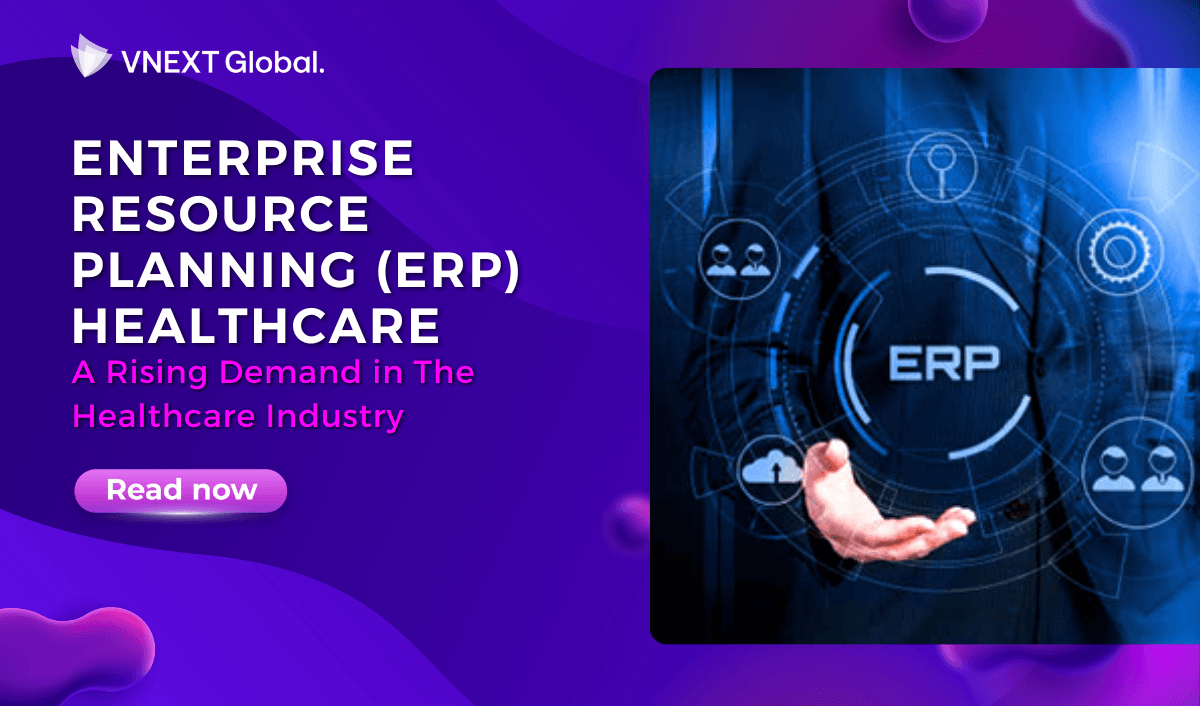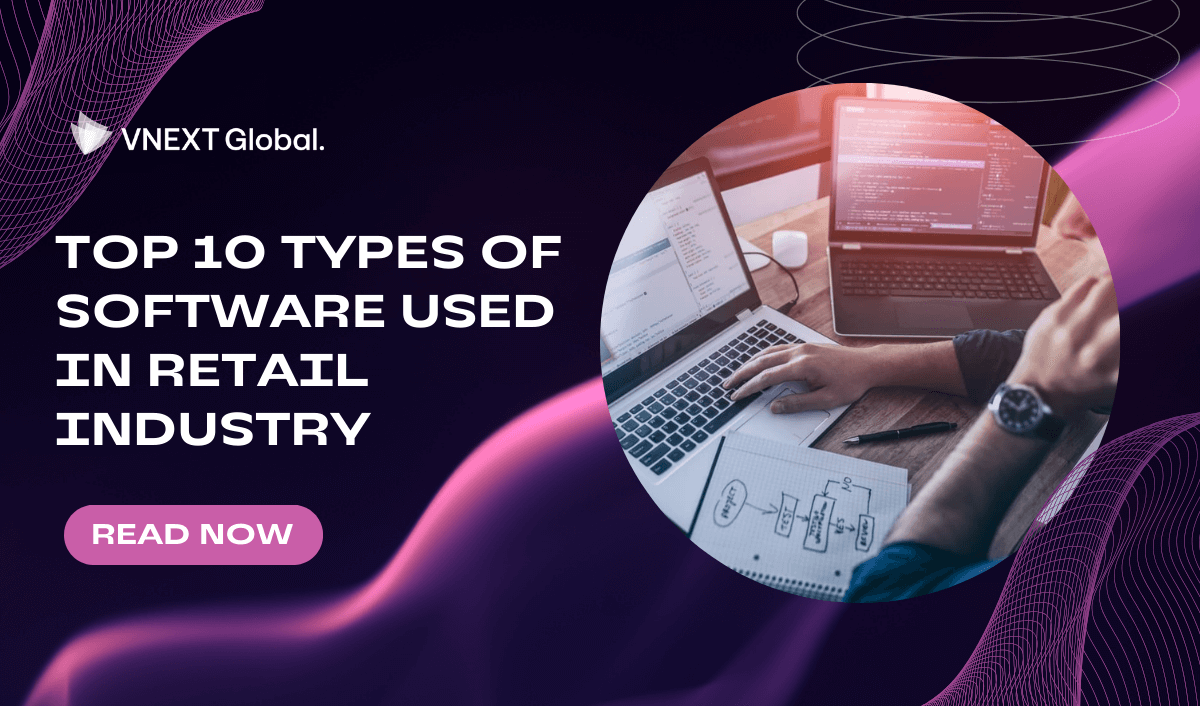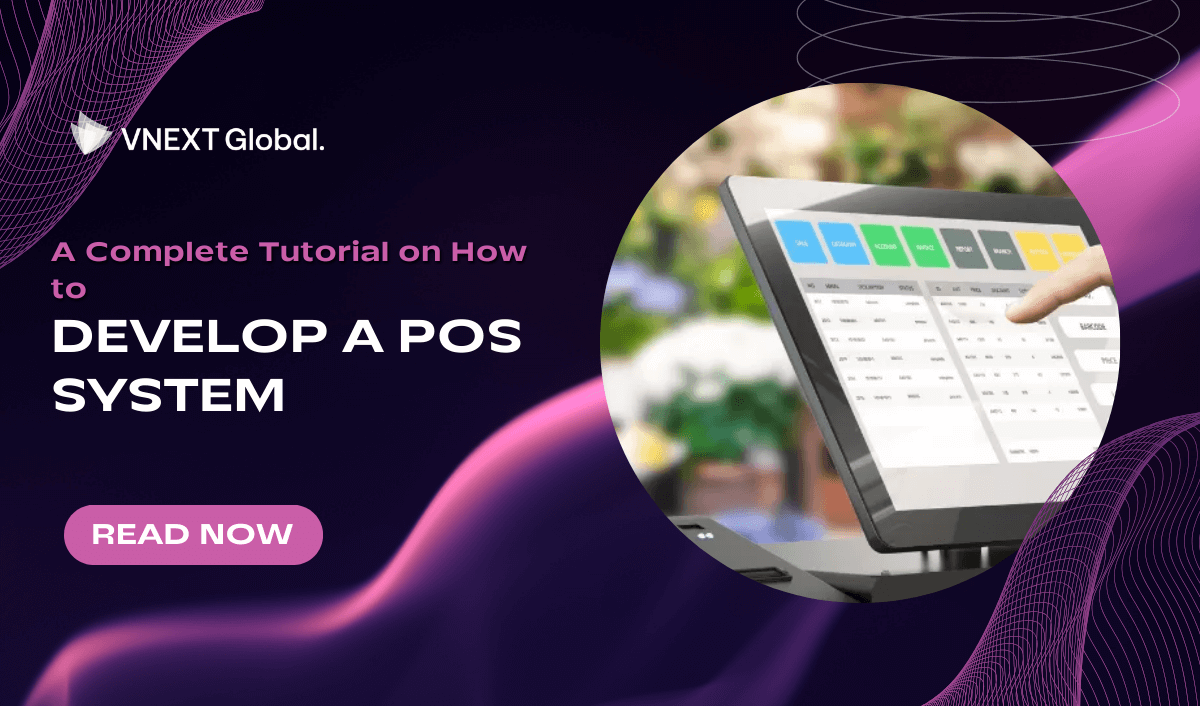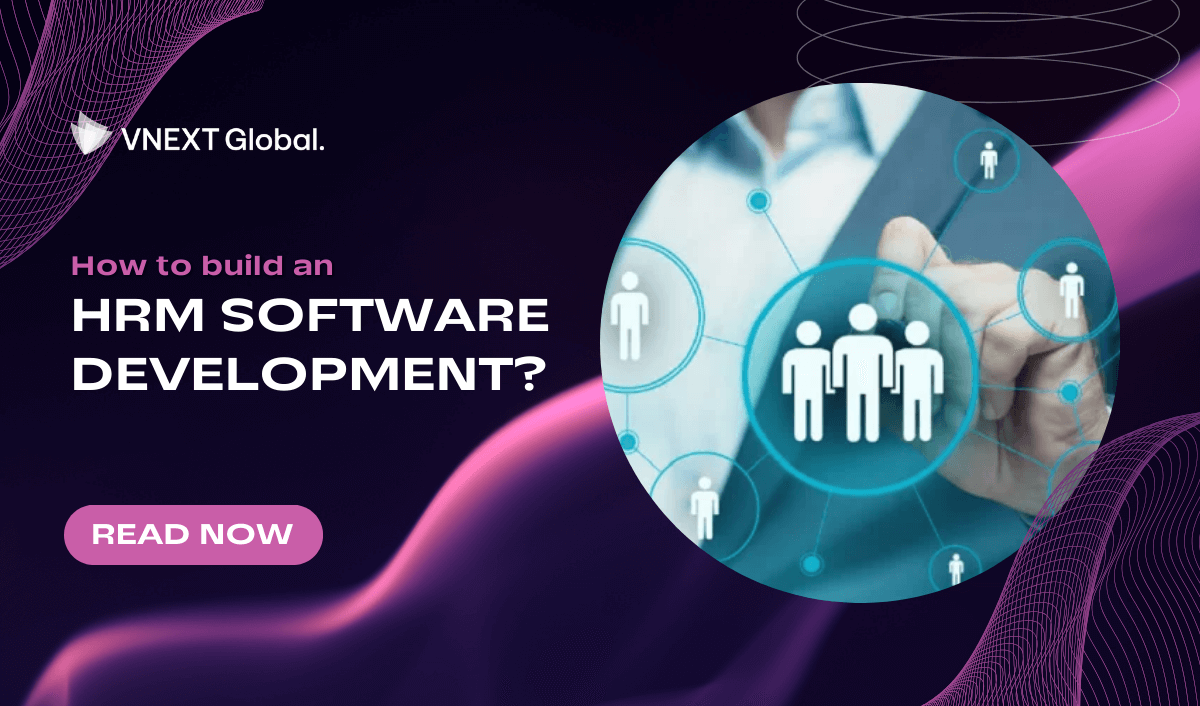Enterprise Resource Planning (ERP) Healthcare - A Rising Demand in The Healthcare Industry
In recent years, the healthcare industry has witnessed a surge in technology adoption to improve patient care and organizational efficiency. Enterprise resource planning (ERP) is one such technology that has gained traction in the healthcare sector. ERP is a software solution that enables organizations to streamline their business processes, manage data, and improve decision-making. According to Precedence Research, the global healthcare ERP market is projected to reach USD 11.6 billion by 2030, with a CAGR of 5.96 % from 2022 to 2030.
This blog aims to provide an overview of ERP in healthcare, its differences from electronic health records (EHR), and the benefits of implementing it in healthcare institutions.
1. What is enterprise resource planning (ERP) in healthcare?
Enterprise resource planning (ERP) is a software solution that integrates all business processes, data, and resources of an organization into a single system. In healthcare, an ERP system typically includes modules such as finance, human resources, supply chain management, inventory management, patient management, and billing. The goal of an ERP system is to simplify these processes, improve operational efficiency, reduce costs, and enhance patient care.
ERP in healthcare can be used to manage various aspects of a healthcare organization, such as patient care, financial management, inventory management, and regulatory compliance. ERP systems can be customized to meet the specific needs of a healthcare institution, such as hospitals, clinics, and long-term care facilities.
This seems a bit vague to you after reading these definitions, right? To help you have a clearer vision, here is a real case study of ERP systems that you can refer to.
The University of California, San Francisco Medical Center (UCSF) has successfully implemented ERP into its healthcare system. UCSF implemented an ERP system that integrated its patient care, financial management, and supply chain management systems. This allowed them to streamline their processes, reduce costs, and improve patient care. For example, by optimizing their supply chain management, they were able to reduce their inventory levels by 30%, resulting in a cost savings of $30 million.
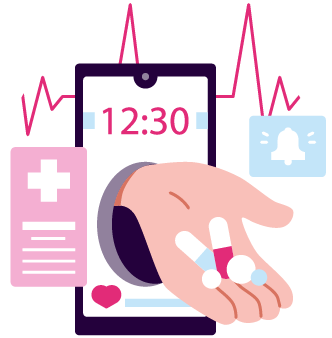
2. What are the differences between ERP and EHR?
Electronic health records (EHR) and enterprise resource planning (ERP) are often confused with each other, but they serve different purposes. EHR is a digital version of a patient's medical record that contains information on their medical history, treatments, medications, and test results. EHR is primarily used by healthcare providers to document patient care and share patient information between healthcare providers.
On the other hand, ERP is a software solution that integrates all business processes, data, and resources of an organization into a single system. ERP in healthcare includes modules such as finance, human resources, supply chain management, inventory management, patient management, and billing. The goal of an ERP system is to streamline these processes, improve operational efficiency, reduce costs, and enhance patient care.
In summary, EHR is a patient-centric system that focuses on managing patient information, while ERP is an organization-centric system that focuses on managing business processes.
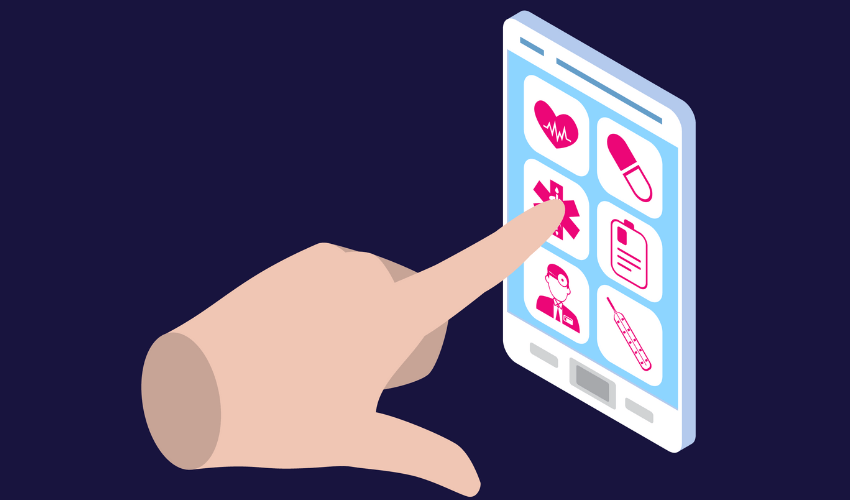
3. Why do healthcare institutions need an ERP system?
Healthcare institutions need an ERP system for several reasons, including:
a) Simplify business processes:
Healthcare institutions deal with a large amount of data and paperwork, which can be overwhelming and time-consuming. An ERP system can automate and simplify these processes, reducing the workload on staff and freeing up time for patient care.
b) Improve patient care:
An ERP system can improve patient care by providing healthcare providers with easy access to patient information, reducing errors, and enhancing communication between healthcare providers.
c) Cost reduction:
An ERP system can help healthcare institutions reduce costs by automating processes, reducing paperwork, and minimizing errors. It can also help identify inefficiencies and areas for improvement, reducing waste and unnecessary spending.
d) Compliance:
Healthcare institutions are subject to numerous regulations and standards, such as HIPAA and HITECH. An ERP system can help healthcare institutions comply with these regulations by providing secure data storage, tracking patient information, and ensuring data privacy.
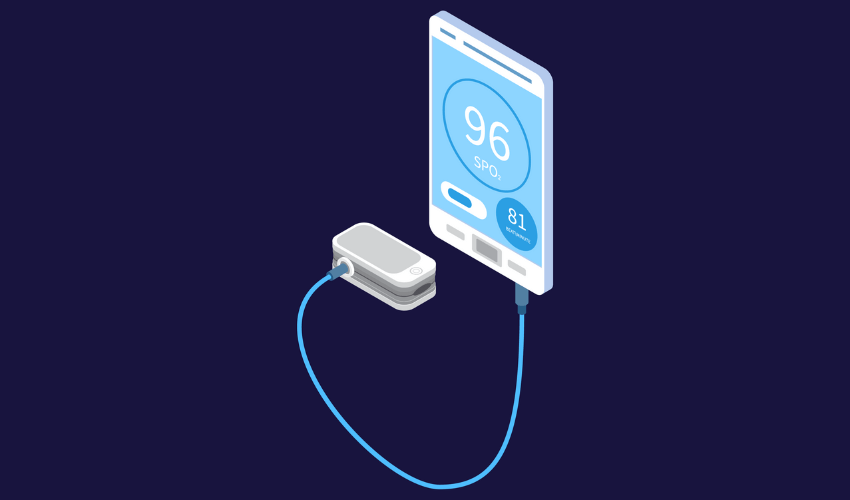
4. How does an ERP in healthcare work?
An ERP system in healthcare typically includes several modules, such as finance, human resources, supply chain management, inventory management, patient management, and billing. These modules are integrated into a single system, providing a comprehensive view of the organization's operations.
Here are some examples of how an ERP system can be used in healthcare:
a) Patient management:
An ERP system can manage patient appointments, medical histories, treatment plans, and test results. It can also provide healthcare providers with easy access to patient information, reducing errors and enhancing communication between healthcare providers.
b) Inventory management:
An ERP system can track inventory levels of medical supplies, equipment, and pharmaceuticals. This allows healthcare institutions to optimize their inventory, reduce waste, and ensure that they have the necessary supplies to provide patient care.
c) Billing and finance:
An ERP system can automate billing processes, ensuring that healthcare institutions are reimbursed for services provided. It can also provide financial reporting, allowing healthcare institutions to track their revenue and expenses and make informed financial decisions.
d) Human resources:
An ERP system can manage employee information, such as schedules, time off requests, and performance reviews. This allows healthcare institutions to ensure that they have the necessary staff to provide patient care and that staff is properly trained and managed.
e) Supply chain management:
An ERP system can manage the procurement and distribution of medical supplies, equipment, and pharmaceuticals. This allows healthcare institutions to optimize their supply chain, reducing costs and ensuring that they have the necessary supplies to provide patient care.
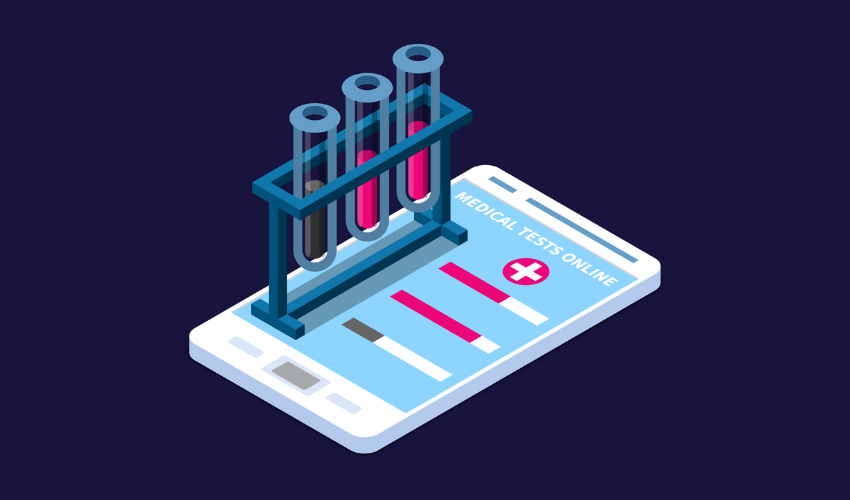
Final thoughts:
An ERP system can provide numerous benefits to healthcare institutions, including streamlining processes, improving patient care, reducing costs, and ensuring compliance with regulations. It can be customized to meet the specific needs of a healthcare institution, such as hospitals, clinics, and long-term care facilities. Real-world cases have demonstrated the effectiveness of ERP systems in healthcare, resulting in improved patient care and cost savings. As healthcare institutions continue to adopt technology to improve their operations, ERP systems will likely become increasingly popular in the healthcare sector.
If you are looking for a trusted IT partner, VNEXT Global is the ideal choice. With 14+ years of experience, we surely can help you to optimize your business digitalization within a small budget and short time. Currently, we have 400+ IT consultants and developers in Mobile App, Web App, System Development, Blockchain Development and Testing Services. We have provided solutions to 600+ projects in several industries for clients worldwide. We are willing to become a companion on your way to success. Please tell us when is convenient for you to have an online meeting to discuss this further. Have a nice day!

